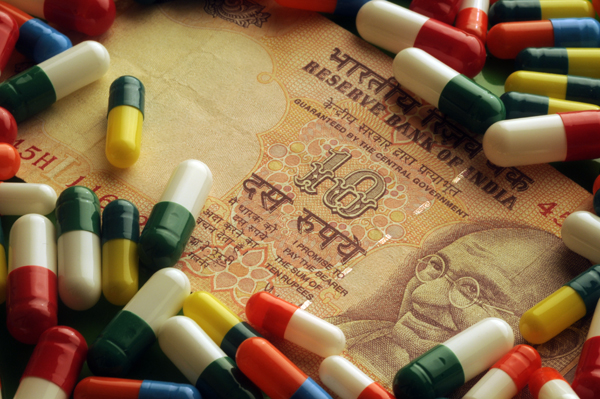India is one of the world’s largest suppliers of pharmaceuticals and drug components, with over 10,000 factories across the country. According to a study conducted by The Associated Chambers of Commerce of India (ASSOCHAM) and research firm RNCOS, there are only 1,500 qualified regulatory inspectors capable of conducting inspections and ensuring compliance in India.
The Indian pharmaceutical market is estimated to be worth $15 billion, and could jump as high as $32 billion by 2020, according to various estimates. As the country supplies 40 percent of all generics sold in the US, and the price of prescription drugs continues to increase, it’s likely that India will be an important component in meeting the world’s future drug needs.
The study highlighted the need for more inspectors in the country, as well as the growing divide between domestic and international regulations. Indian manufacturers – including Dr. Reddy’s Laboratories Ltd., Sun Pharma and Polydrug – have faced FDA scrutiny this year over issues with compliance and quality control of products imported into the US.
“While at times, the US Food and Drug Administration (FDA) gets into minute details which have more to do with cumbersome procedure rather than quality, we need to get our own house in order by way of continuous skilling of regulators at national and state levels in sync with the best global practices,” said D. S. Rawat, the ASSOCHAM secretary general. “However much we may wish otherwise, the pharma sector is and will always remain one of the most regulated sectors all across the world for the sake of public health.”
To add even more complexity to drugmaking in India, the pharmaceutical manufacturing industry is regulated by multiple local government agencies. The office of the Drugs Controller General of India under the Central Drugs Standard Control Organization, along with state-specific FDAs and zonal offices all play a role in managing the industry.
Different patent offices throughout the country also follow their own patent practices, which are often quite different than those conducted at a different location. The study calls for domestic harmonization of this system so as to eliminate confusion and ensure intellectual property is well protected, and the quality of the finished product is up to standards.
Given that drugs made in India are exported to countries around the world – including the US, Australia, Japan and Europe – manufacturing sites must comply with differing regulations set forth by these destination countries. It’s evident that in order to maintain the safety of products being produced by India’s pharmaceutical sector, the presence of well-equipped regulators must be increased.
Sources:
- New study: Too many factories, too few inspectors for India’s pharma industry – http://www.biopharmadive.com/news/new-study-too-many-factories-too-few-inspectors-for-indias-pharma-indust/410686/
- Shortage of inspectors will hit fortunes of India’s pharma companies, says Assocham sectoral study – http://timesofindia.indiatimes.com/business/india-business/Shortage-of-inspectors-will-hit-fortunes-of-Indias-pharma-companies-says-Assocham-sectoral-study/articleshow/50106221.cms












Join or login to leave a comment
JOIN LOGIN